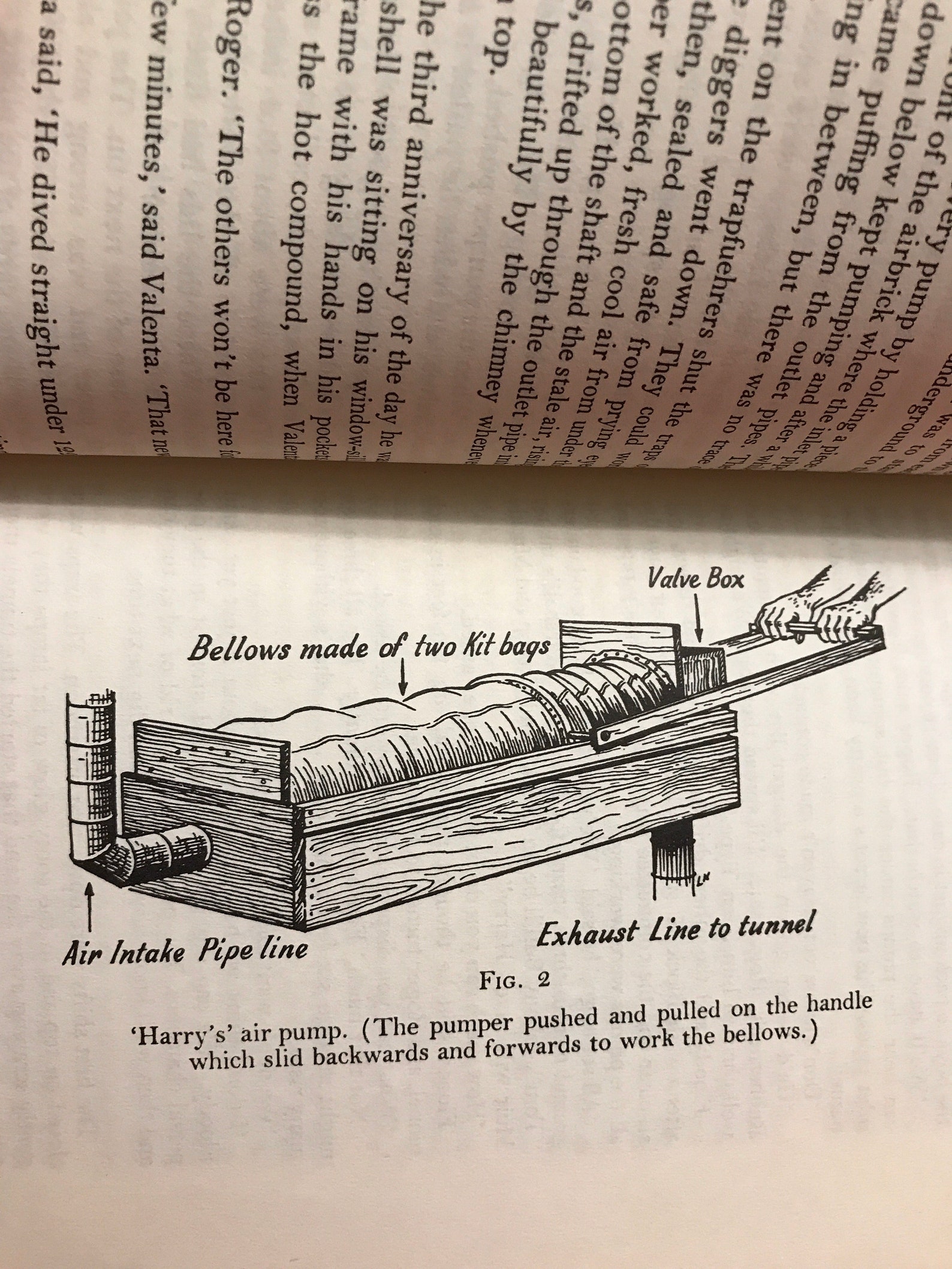

I was somewhat worried that the book wouldn't be as good as the movie. I finally broke down and brought the movie on DVD, getting this book along with it. There is something far more heroic about that. Maybe, it's because the director was smart enough to not have Hilts be one of the prisoners (only three) who escaped. OMAR!!!!! Young OMAR!!! When he rides up to the well. It's like Lawrence of Arabia, except with Lawrence, I know why I watch. I've even watched it when it's been shown with commericals. You might have seen two days ago, but hey, it's on again, and who doesn't like that motorcycle scene. The Great Escape is one of those that you can't help but watch. Look, it's Charles Bronson! Look, it's David McCallum! Look, it's Hudson! Look, it's Attenborough. More than the fact that as you watch the movie, you go, "Look, it's James Coburn. It's more than just Steve McQueen and James Gardner. There is something about the movie The Great Escape. The following year, Brickhill published The Dam Busters, an acclaimed account of pinpoint bombing raids by the 617 Squadron, followed by an anthology of POW stories entitled Escape or Die (1952) and Reach for the Sky (1954) a biography of aviator Douglas Bader. From this, he drew the story of The Great Escape, published four years later.


After the war, Brickhill sought to go back to newspapering, but quickly abandoned it to begin work on his first book, entitled Escape to Danger (1946), about his experiences in the POW camp. His instincts as a reporter stuck with him during his incarceration by the Germans, as he collected stories from his fellow prisoners that became the foundation for his later work. Still, the escape remains one of the great heroic stories of World War II.Ī native of Melbourne, Brickhill had begun a career as a newspaper reporter at the Sydney Sun when war was declared in 1939. Of the 76 officers who escaped, only three were successful Hitler himself ordered the execution of 47 of the men who were recaptured. Locked away and bored in Silesia in Luft Stalag III, he and his fellow prisoners concocted an escape plan - a daring idea that would result in a mass escape from the Germans. Brickhill, an Australian, had flown missions against the Germans in Tunisia for the Royal Australian Air Force when he was shot down in 1943. Though The Great Escape is a novel, its basic story is true, and the novel's author Paul Brickhill (1916-91) was a participant in it.


 0 kommentar(er)
0 kommentar(er)
